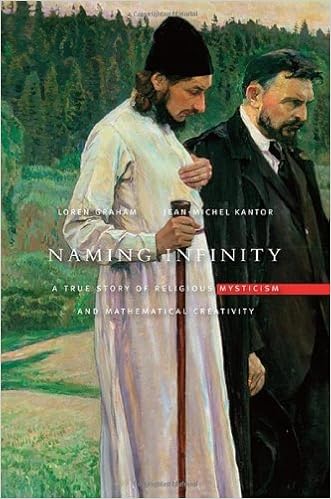During the time that the Silver Sword, the JW Bible, was being examined in the Russian courts as to whether or not it was going to be recognized as a "real bible" or be declared extremist (which it was), I did some research for historical context, trying to get a better understanding of the social environment that would be evaluating the JW bible.
The most crucial piece of information that I was interested in expanding and tracking down was how the JWs' use of 'the divine name' in the bible would be perceived in Russian culture.
I started from the premise that the act of naming denoted ownership. And I was interested in how that act would be interpreted against the backdrop of Orthodoxy in Russia, given that Russian Orthodoxy has had its own historical and controversial schisms over the rituals and interpretations of "the divine". Even though we live in the 21st century and this drama is played out in front of us, how it is scripted is based on centuries of belief and ritual that are not present in the birthplace of the JWorg.
I also thought that the Org's habit of claiming divine favor based on "knowing" god's name would not play out well against the history and inherent religious biases that run deep within Russian culture and so I wanted to know how the act of naming god might be viewed in today's culture.
Anyways. I stumbled across a book - it is available for free download - that is really interesting. I wasn't looking for it in particular, but it is a fascinating read. Very engaging.
Naming Infinity: A True Story of Religious Mysticism and Mathematical Creativity Loren Graham and Jean-Michel Kantor
A review of the book:
And another review by Paul J. Zwier
There are several places online that one can download a digital copy of the book - Naming Infinity - and it is also available in hardcopy (which will have the photographic images not included in the digital copy...damn)
https://www.amazon.com/Naming-Infinity-Religious-Mathematical-Creativity/dp/0674032934
In 1913, Russian imperial marines stormed an Orthodox monastery at Mt. Athos, Greece, to haul off monks engaged in a dangerously heretical practice known as Name Worshipping. Exiled to remote Russian outposts, the monks and their mystical movement went underground. Ultimately, they came across Russian intellectuals who embraced Name Worshipping—and who would achieve one of the biggest mathematical breakthroughs of the twentieth century, going beyond recent French achievements.
Loren Graham and Jean-Michel Kantor take us on an exciting mathematical mystery tour as they unravel a bizarre tale of political struggles, psychological crises, sexual complexities, and ethical dilemmas. At the core of this book is the contest between French and Russian mathematicians who sought new answers to one of the oldest puzzles in math: the nature of infinity. The French school chased rationalist solutions. The Russian mathematicians, notably Dmitri Egorov and Nikolai Luzin—who founded the famous Moscow School of Mathematics—were inspired by mystical insights attained during Name Worshipping. Their religious practice appears to have opened to them visions into the infinite—and led to the founding of descriptive set theory.
The men and women of the leading French and Russian mathematical schools are central characters in this absorbing tale that could not be told until now. Naming Infinity is a poignant human interest story that raises provocative questions about science and religion, intuition and creativity.



